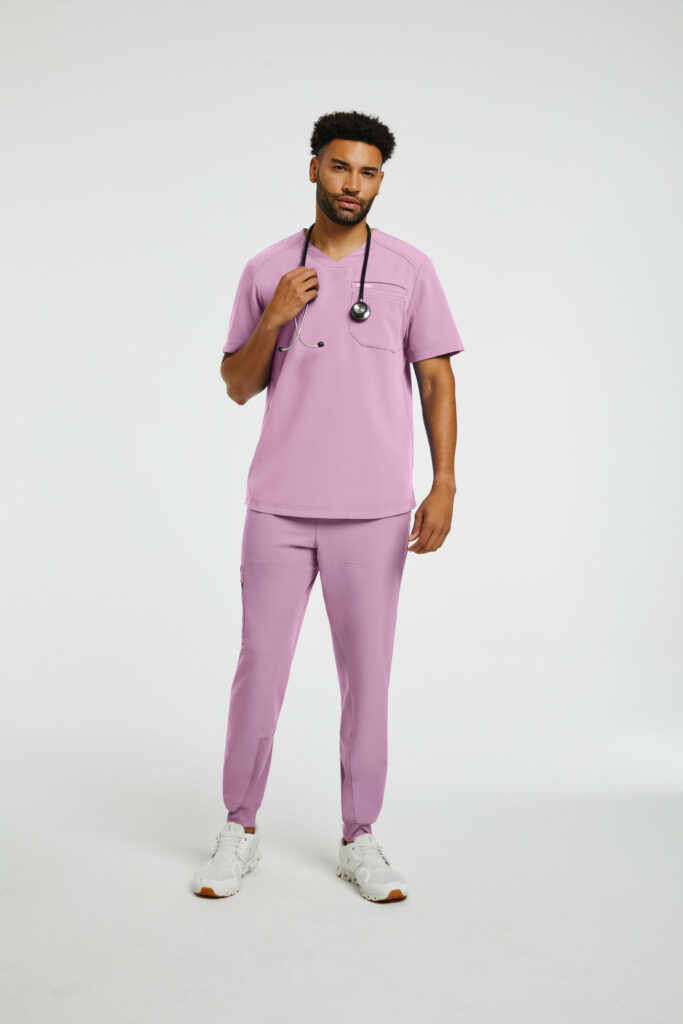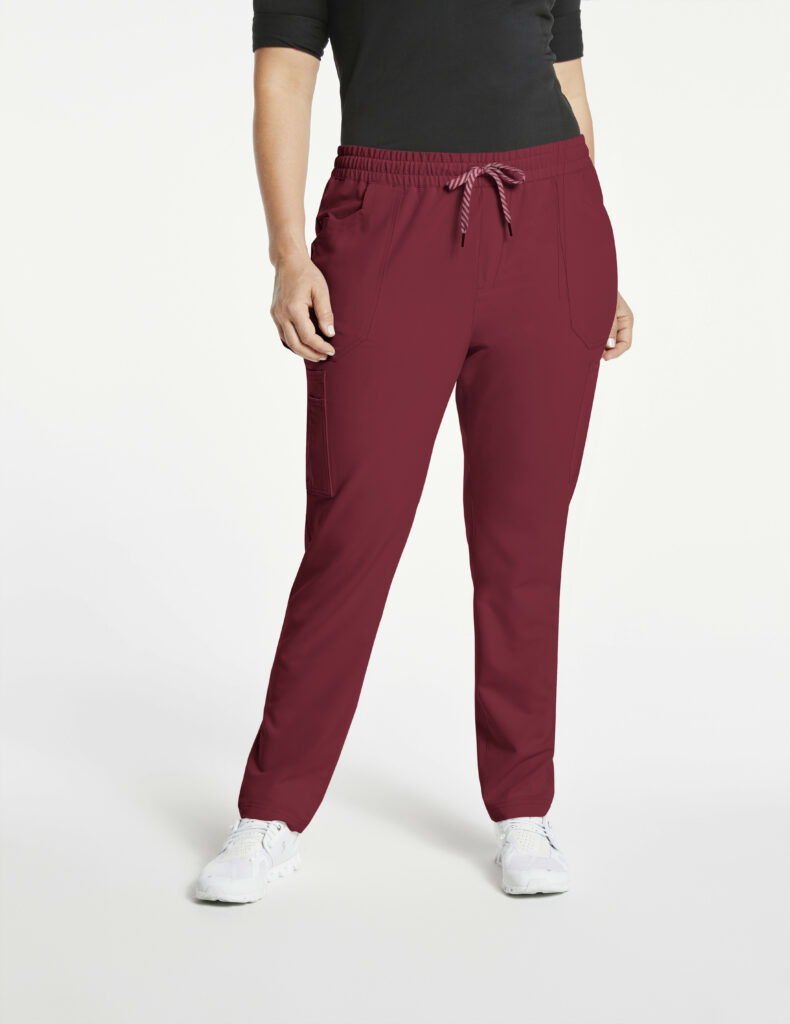Did you also visualize a bustling environment when you read “emergency room?” Frankly, there’s never a quiet moment in the emergency room (ER). In the constantly changing landscape of urgent patient admissions, attending healthcare professionals must think quickly to save patients’ lives.
If you’re considering a career as a registered nurse (RN) and you’re the kind of person who naturally jumps into action in an emergency (while staying cool, calm, and collected), you’re a strong candidate for an ER practitioner role. In this specialized nursing career, you’ll work in the emergency department of a hospital to provide urgent care, also known as lifesaving care.
We like to say that not all heroes wear capes; some wear scrubs. And we admire you for wanting to take on the challenge of becoming an ER nurse practitioner. Let us guide you through the first steps, like learning what this career entails and what education you’ll need to hold it. Later, we’ll be here to provide you with that cape, i.e., a pair of great scrubs.
What does ENP mean?
Emergency nurse practitioner (or ENP) is a type of advanced practice registered nurse (APRN). APRNs perform high-level work and must earn a master’s degree in nursing before holding an advanced role.
Nursing acronyms can get confusing, so let’s spell things out. APRN is an umbrella term that covers a range of careers: nurse practitioners (NPs), clinical nurse specialists (CNSs), certified nurse anesthetists (CNAs), and certified nurse midwives (CNMs). All NPs, including ENPs, are APRNs and have advanced practice colleagues in other specialization areas like anesthesia and midwifery.
So what’s advanced about these careers? Advanced clinical practitioners can perform various tasks physicians usually do, like diagnosing patients and prescribing medication, without the supervision of doctors.
What will I do as an emergency room nurse practitioner?

You know the role will be fast-paced and require you to perform advanced nursing tasks, but those are broad strokes. What does a day on the job as an ENP actually look like?
ENPs provide direct medical care to patients in the ER. This often means assisting individuals with urgent or life-threatening conditions, but ENPs also help patients with minor injuries or less severe conditions. Here are some tasks ER nurse practitioners take on daily:
- Assessing and monitoring patients
- Diagnosing patients’ conditions
- Ordering lab work
- Prescribing medication and treatments
- Educating patients and their families
- Mentoring and supervising other nursing staff members
- Communicating patient information to the care team (attending physicians, surgeons, specialists, and other nurses)
You’re cut out to be an ENP if you:
- Can handle fast-paced environments
- Manage your own stress well
- Are interested in treating an extensive range of conditions
- Would like to diagnose and treat primary and emergency care conditions
- Have strong communication skills
- Are a natural leader
- Like working with patients of all ages
- Remain calm and make sound decisions in stressful circumstances
- Thrive when helping others navigate urgent medical situations
- Work well in a team
How to become an ENP
So, you’re sure you’re cut out for this work by this point. That gets a round of applause from us! The next step is starting your educational journey to becoming an NP in emergency medicine. Here’s how:
Earn your BSN
All RNs must earn a college-level degree in nursing before being able to practice. There are two standard programs: the Associate Degree in Nursing (ADN) and the Bachelor of Science in Nursing (BSN). Nurses aspiring to take on an advanced career like an ENP should earn a BSN as this degree is a prerequisite for the master’s program they’ll work toward later.
Get licensed
To practice as an RN, you’ll have to pass the National Council Licensure Examination for Registered Nurses (NCLEX-RN). Once you do, you can apply for licensure from your state.
Get clinical experience
Work in an emergency setting to get hands-on experience providing patient care for a year or two before entering your master’s program. These years of experience will not only help you get your bearings in a clinical setting but also look good on a grad school application.
Earn your MSN
Enter a Master of Science in Nursing (MSN) to prepare yourself for an advanced practice career. Most master’s programs take one or two years, meaning that your entire educational journey to becoming an ENP (not including clinical practice) should take about six years.
Pros and cons of being an ENP

Everything in life comes with a set of benefits and drawbacks. While an ENP role may be perfect for you, you’ll encounter challenging situations. The best thing you can do when facing a “situation” is go in prepared, right? So here’s a candid list of the high and low points of a career as an ENP:
Pros
- Great salary: Nurse practitioner salaries tend to be high, as is the case for all advanced practice nurse roles. ENP jobs are no exception. Sources estimate the average annual income for a full-time role at anywhere from $117,000 to $150,000.
- High demand: So long as patients need care, there’ll be a need for medical professionals. This means the job outlook for healthcare providers is great. But it’s even better for NPs of all types. While most nursing roles are growing at a rate of 9%, the U.S. Bureau of Labor Statistics (BLS) projects a 40% increase in NP roles.
- Interesting work environment: As an ENP, you’ll see all kinds of cases and have the opportunity to work with a range of medical professionals from different specialty areas and backgrounds.
Cons
- Night shift work: The ER never sleeps, so some ENPs will have to work the night shift. While this is a “con” of the job, it also comes with its benefits. You can help your body adapt to this work and enjoy the perks of being home with family during the day or having the gym to yourself while everyone else is at work.
- Difficult situations: In the ER, you’ll be in contact with patients and family members in crisis. You’ll have to keep a level head, even when dealing with difficult or potentially violent individuals.
The healthcare landscape is all about overcoming challenges on a daily basis––sometimes, multiple in a day. But one thing is certain––however long or overwhelming your shift may be in the ER, our scrubs will keep you comfortable. At Jaanuu, we aim to manufacture premium-quality scrubs using flexible, breathable fabrics. With wicking materials and antimicrobial protection, we’ve got you covered, literally!

